As one of the leading experts in organ transplantation, Associate Professor, Dr. Nguyen Huu Uoc, Director of the Cardiovascular and Thoracic Center - Viet Duc Hospital ( Hanoi ), directly witnessed many happy and sad stories with many concerns.
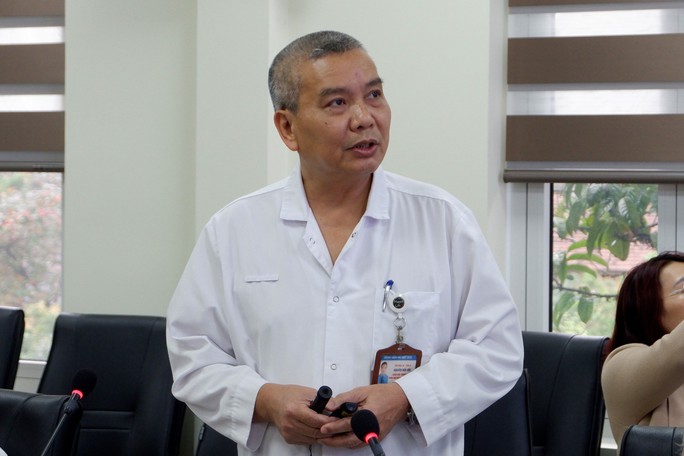
Associate Professor, Dr. Nguyen Huu Uoc
Waiting in vain
Until now, Associate Professor Dr. Nguyen Huu Uoc still clearly remembers the image of a couple kneeling in front of his room door begging: "Please find a heart for me to transplant."
"People kept kneeling in my room asking for help, but I couldn't help them anymore. The organ donation department also did their best. Unlike heart valves - I can operate on patients at any time - organ transplants require a donor," he said sadly.
There are many cases of such hopeless waiting. There are patients whose families have all the resources, searching from North to South but cannot find an organ donor, and finally had to accept death. Another case was brought from the South, waiting in the hospital for 2 months until death without an organ donor.
There are even cases where people have agreed to donate organs, but the hope is still fragile because sometimes at the last minute they refuse. "Each time like that, we spend a lot of effort and money. What I worry about the most is the patient's disappointment. Some people almost collapse because their illness is very serious, after preparing everything, going to the operating table, suddenly, they can't donate organs anymore" - Mr. Uoc worries.
Sometimes it is just as "awkward": Some people donate organs but there are no recipients. Because at that time, the suitable recipients are no longer available. Sometimes patients give up because they know they do not have the conditions, because they cannot take care of their life after the transplant (regular check-ups, lifelong medication...).
Associate Professor Uoc explained: "Many people simply think that organ transplantation is like appendectomy or gallbladder removal, and once it is done, the disease is completely cured. In fact, organ transplantation is just a step to resolve the transition from a chronic disease, where life is worse than death, with the risk of death at any time, to a state of temporarily stable living, dependent on treatment, and adhering to very strict living principles."
Occasionally, Mr. Uoc still receives calls from relatives of patients. He said: "They call to congratulate them when a transplant from a brain-dead donor is successful. Sometimes they confide in me and say they are sad because their relatives are not as lucky. I am sad but I don't know what to do. Life is like that."
"Fate"
Associate Professor Dr. Nguyen Huu Uoc often tells patients who receive organ transplants from brain-dead donors that it is "a matter of luck" and "God" gives them the organ. Some people who just registered on the waiting list in the morning found a donor by the afternoon, while others waited forever in vain.
Mr. Uoc said there was a patient named Diep, not yet 30 years old, who had come back from the dead 3 times, and was lucky enough to wait for an organ donor. She had a very serious heart condition and waited for 3 months without an organ donor.
"Her mother loved her daughter very much and was determined to save her even though her family was not wealthy. After the third time she died and was brought back to life, the doctor felt hopeless, but two weeks later, a suitable match was found. Luckily, she is still alive now," Associate Professor Uoc recalled.
The second case is probably the oldest heart transplant recipient in Vietnam who is still alive and well. Having been ill for a long time and traveled to many places, the man over 60 years old has been hospitalized in many hospitals due to end-stage heart failure. The patient said that in the last days before the heart transplant, he almost lived in another world, without health, no longer able to communicate with the outside world, just lying with his eyes closed all day. When he heard the news that a heart transplant was possible, his hope of survival flickered again. He asked to be transferred to Viet Duc Hospital and after only 1 week, someone donated a heart.
This is the second cross-Vietnam transplant, taking the heart from Cho Ray Hospital (HCMC) and transferring it. After the transplant, on the first day, the patient's health progress was very bad. However, after the first day - like "lucky fate", his health suddenly improved very quickly and after 5 days he was out of the critical condition. To this day, he is still living a healthy life.
"He often told me that every day he was alive was a gift from God. Therefore, he always tried to live the best he could," Associate Professor Uoc said emotionally.
Every day, at Viet Duc Hospital, there are 3-5 brain-dead people, but each year there are only 3-4 organ donations. Organ resources are scarce, while the list of patients waiting for transplants is getting longer. Mr. Uoc hopes that in the future, there will be more and more organ donors to help prolong lives.
Difficult problem
According to Associate Professor Nguyen Huu Uoc, if 9-10 years ago, heart transplant was a big problem, now it has become a routine activity at Viet Duc Hospital. Since the first heart transplant in 2011, Viet Duc Hospital has performed nearly 30 cases, and has also supported a number of other units to do so.
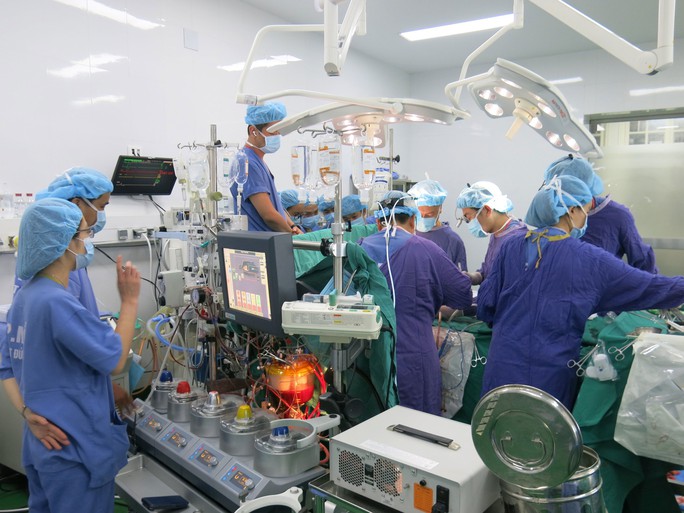
A liver transplant at Viet Duc Hospital (Hanoi)
Starting from the Ministry of Health 's 2011 project on heart transplants from brain-dead donors, after the first 5-6 successful cases, doctors developed a heart transplant procedure and "Vietnamized" that procedure. The procedure is still standard but improved to suit Vietnam's conditions, from equipment, medicine to organ transport... From there, there were cases of organ transport and transplant across Vietnam.
Associate Professor Uoc believes that once the technique is mastered, the problem that needs to be solved is economics . Many patients are indicated for heart transplants but do not have enough financial capacity to do so, both for the transplant and after the transplant. Sometimes there are organ donors but the eligible patients do not have the financial capacity, or the ones with the financial capacity are not suitable. How to solve this problem?
In the case of children, doctors can mobilize social support. However, for adults, this is very difficult, and they have to calculate the cost of surgery.
"Organ transplant is a very special task, the cost is very high. This is a difficult problem, especially in the context of a market economy, the hospital must calculate how to save many people, it cannot just do one case, focus all its efforts on saving one patient and then become exhausted" - Associate Professor Uoc worried.
In fact, Associate Professor Dr. Nguyen Huu Uoc has had to "risk" many times to perform heart transplants for patients because they did not have money.
Associate Professor, Dr. Nguyen Huu Uoc acknowledged: "There are few places like in Vietnam: Doctors both treat patients and are anxiously asking for money for them; having headaches and racking their brains calculating expenses."
Indescribable joy
Recalling the first heart transplant, Associate Professor Dr. Nguyen Huu Uoc humorously said: "During the transplant, I did it quietly, under terrible pressure and stress, and remembered everything. However, after that, I couldn't remember anything because too many events happened." Mr. Uoc described the operating room as chaotic, with people running in and out, making noise and shouting at each other because the first transplant made everyone confused and stressed. When it was successful, they were overwhelmed with joy.
Then came the first lung transplant, the work was hard and difficult but brought indescribable joy. Due to lack of conditions, Viet Duc Hospital did not send experts abroad to study or invest in equipment and machinery to perform lung transplants. "Therefore, instead of studying for a whole year at an expensive center, the doctors found a "moderate" place, researched and built their own procedures. Going abroad was just an internship, sightseeing, and consulting with experts. Whatever equipment they had, they used, and if they didn't have, they borrowed or borrowed. Therefore, when the transplant was successful, everyone was happy," Associate Professor Uoc said.
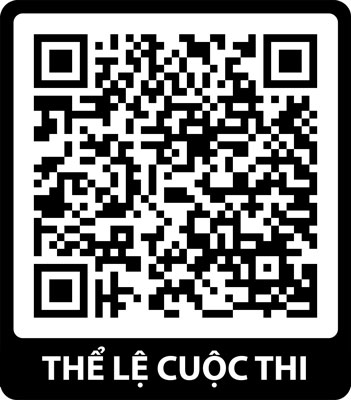

Source



![[Photo] Nhan Dan Newspaper displays and solicits comments on the Draft Documents of the 14th National Party Congress](https://vphoto.vietnam.vn/thumb/1200x675/vietnam/resource/IMAGE/2025/10/26/1761470328996_ndo_br_bao-long-171-8916-jpg.webp)
![[Photo] Prime Minister Pham Minh Chinh attends the opening of the 47th ASEAN Summit](https://vphoto.vietnam.vn/thumb/1200x675/vietnam/resource/IMAGE/2025/10/26/1761452925332_c2a-jpg.webp)

![[Photo] Enjoy the Liuyang Fireworks Festival in Hunan, China](https://vphoto.vietnam.vn/thumb/1200x675/vietnam/resource/IMAGE/2025/10/26/1761463428882_ndo_br_02-1-my-1-jpg.webp)
![[Photo] General Secretary To Lam received the delegation attending the international conference on Vietnam studies](https://vphoto.vietnam.vn/thumb/1200x675/vietnam/resource/IMAGE/2025/10/26/1761456527874_a1-bnd-5260-7947-jpg.webp)
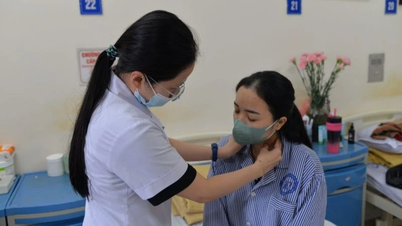

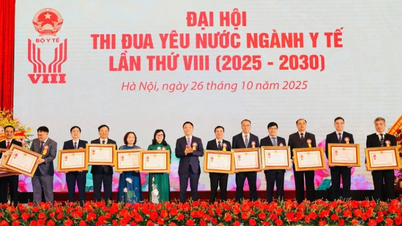
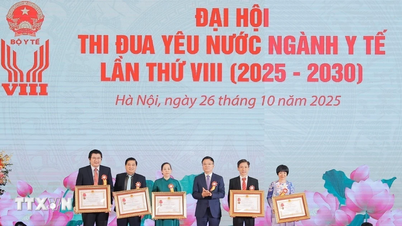

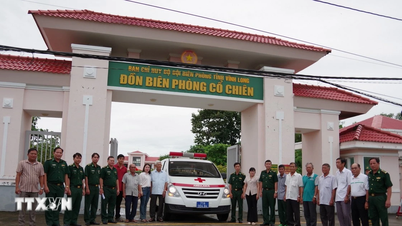
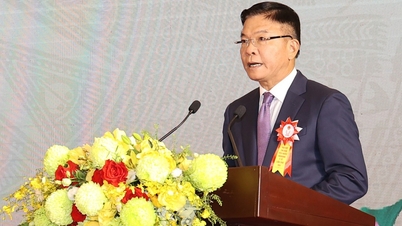

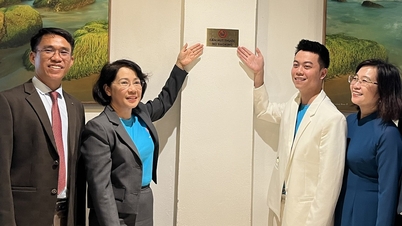




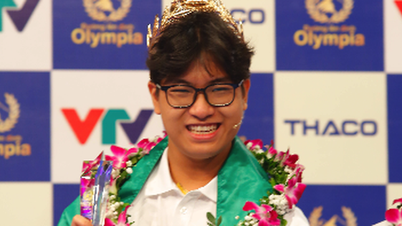
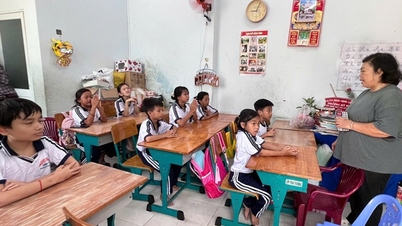

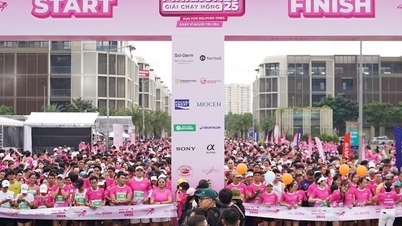
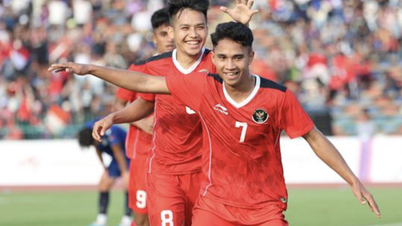
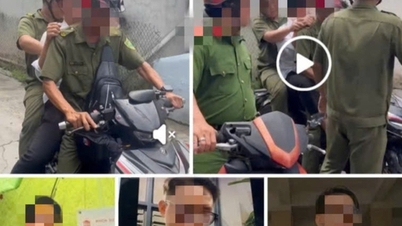



































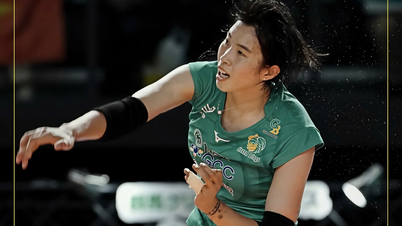



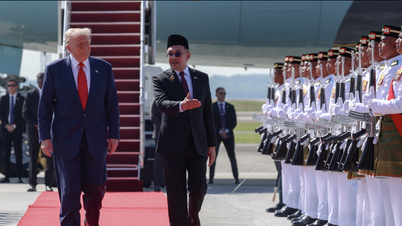
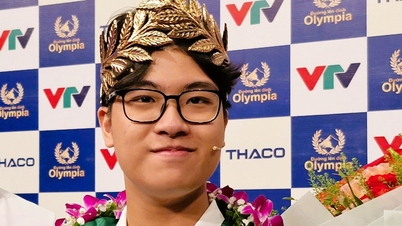
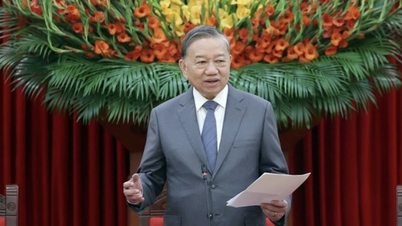

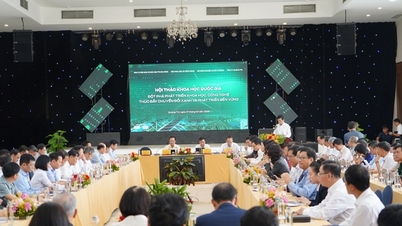



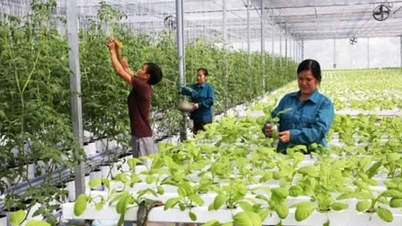
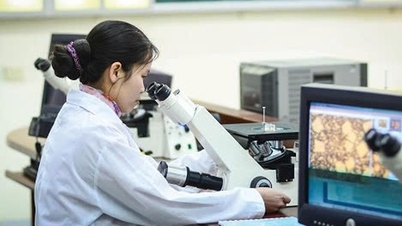
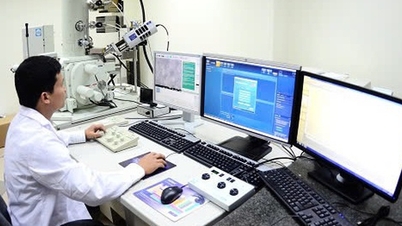






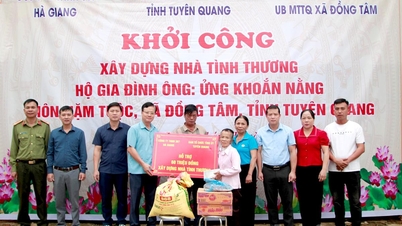
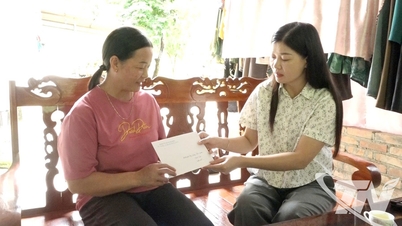

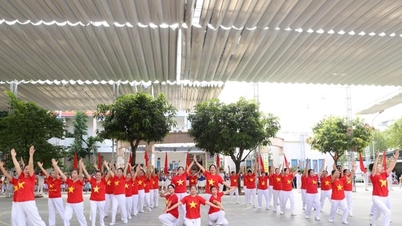











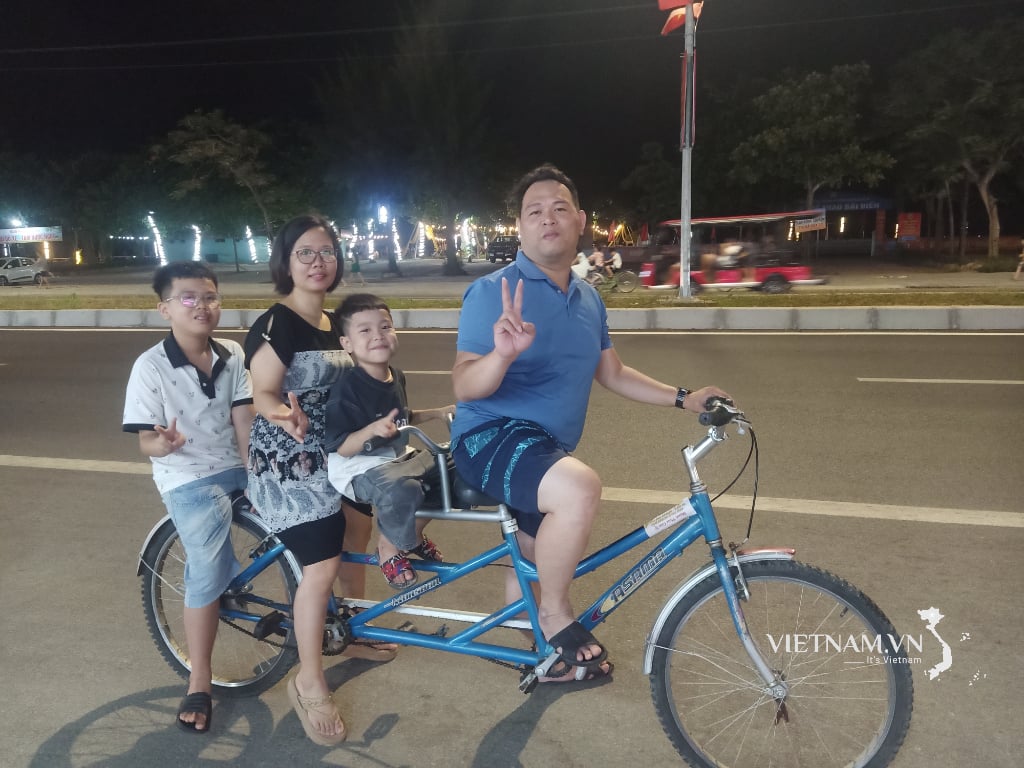


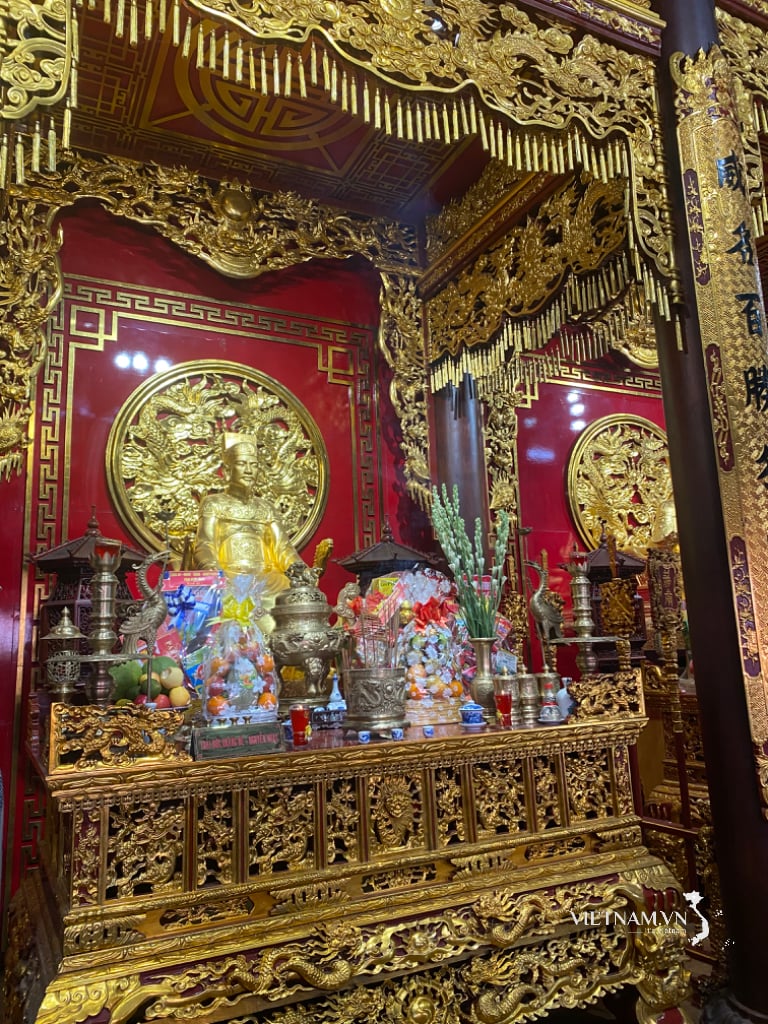
Comment (0)